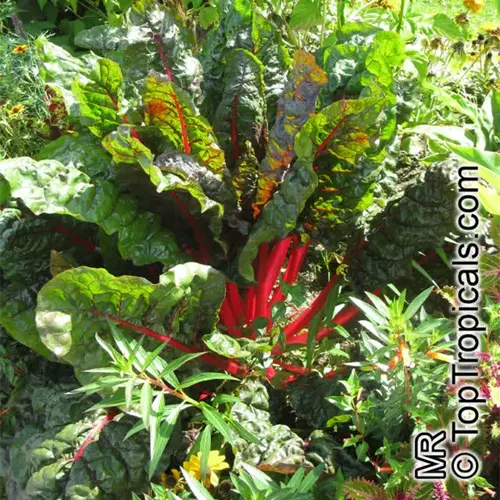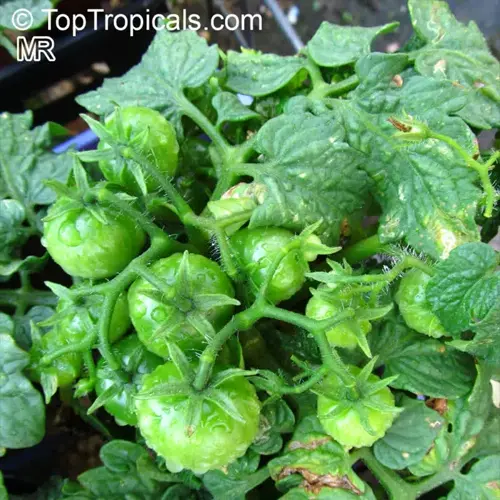What plants are vulnerable to infection?

Written by
Paul Reynolds
Reviewed by
Prof. Samuel Fitzgerald, Ph.D.Cucumber mosaic virus is a phytopathogen that affects more than 1,200 plant species in gardens and fields all around the world. I have observed the virus transferring from vegetables to ornamentals in outbreaks within just a few weeks. Knowing which plants are more susceptible to viruses will help you prioritize protection strategies. Therefore, knowing which plants in your garden are most vulnerable to pests is the first step in keeping your garden safe. This awareness is the most valuable component in informing an effective defense strategy.
Vegetables
- Cucumbers show severe mosaic patterns and fruit distortion
- Tomatoes develop leaf curling and stunted growth
- Peppers exhibit yellow streaking and pod deformation
Fruits
- Bananas display streaked leaves and stunted bunches
- Melons develop bitter flesh and warty surfaces
- Watermelons show mosaic patterns and internal discoloration
Ornamentals
- Lilies exhibit color breaking and flower distortion
- Gerbera daisies show stunted growth and petal mottling
- Petunias develop leaf puckering and reduced flowering
Weed reservoirs conceal significant threats. Milkweed and chickweed show small symptoms but are very aggressive forms of the virus. Both of these herbaceous plants act as reservoirs and include aphids that will move to crops. During consultations, I typically map out all weeds within a 1,000-foot radius of gardens. We can treat your first line of defense as identifying and then removing these silent carriers. It is a priority to remove these weeds before planting your annual crops.
Variations by region influence vulnerability. Aggressive strains are attacking holy basil and long peppers in Asian gardens. Meanwhile, outbreaks in Europe often target peppers and zucchinis. Accessing your local extension services can inform you about the specific kind of viruses that affect your area. I change protection plans according to regional threat patterns. That said, your particular location will determine the need for prevention.
Keep your susceptible plants safe by using resistant varieties and physical barriers. Consider planting Marketmore cucumbers rather than the susceptible types. You may install reflective mulch before the onset of aphid season. I have safely protected entire farms utilizing these combined approaches. Your garden, too, deserves this tailored protection from this virulent and destructive virus.
Read the full article: Cucumber Mosaic Virus: Complete Control Guide

